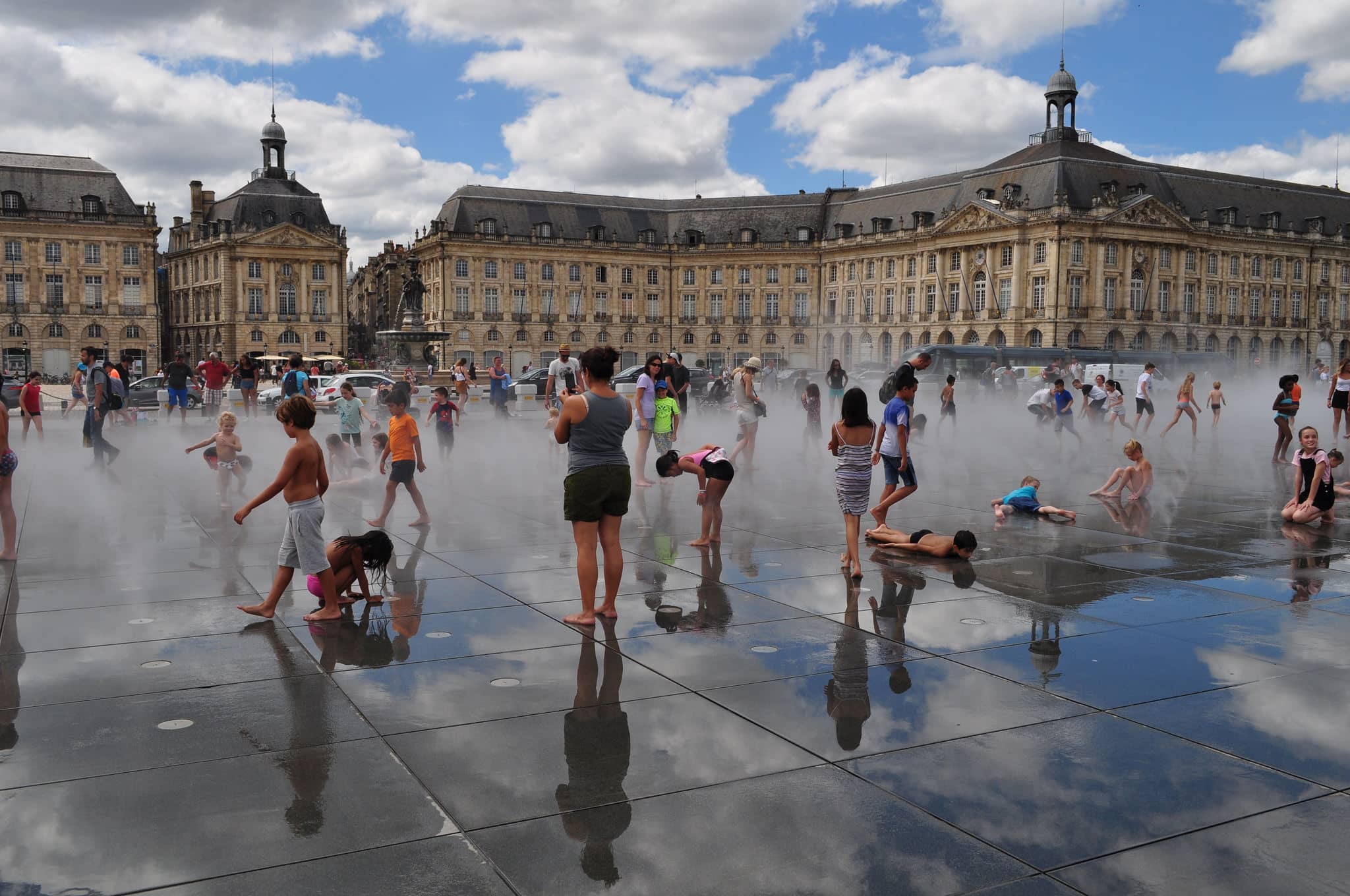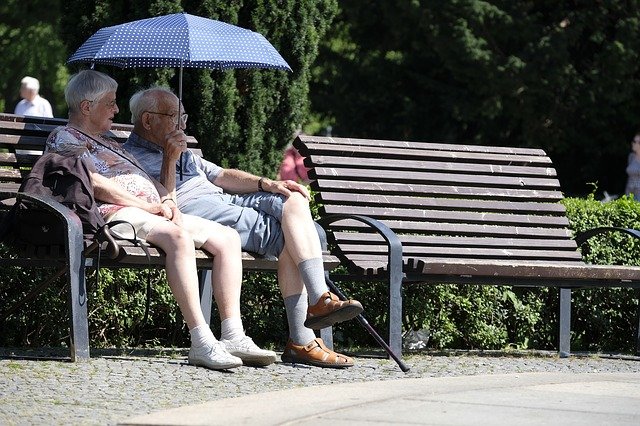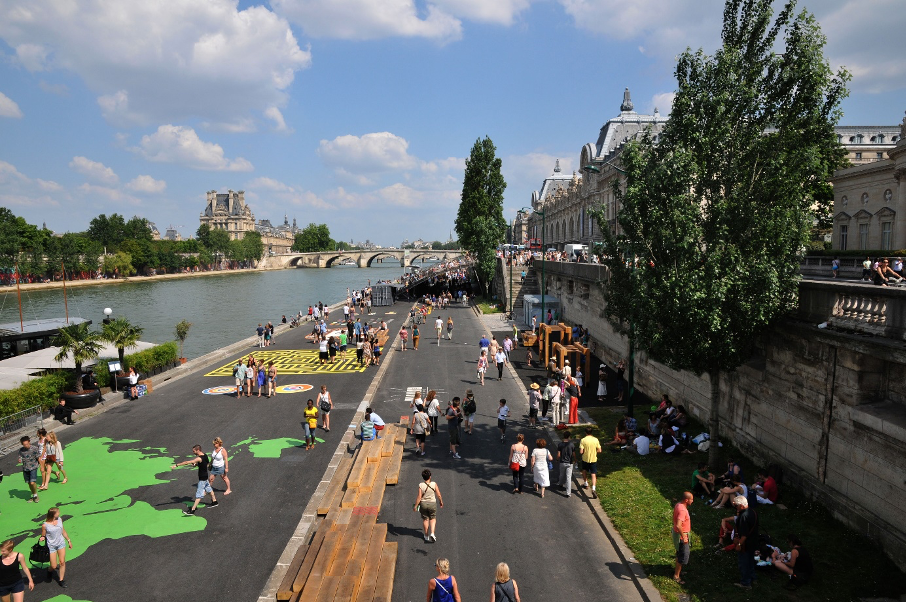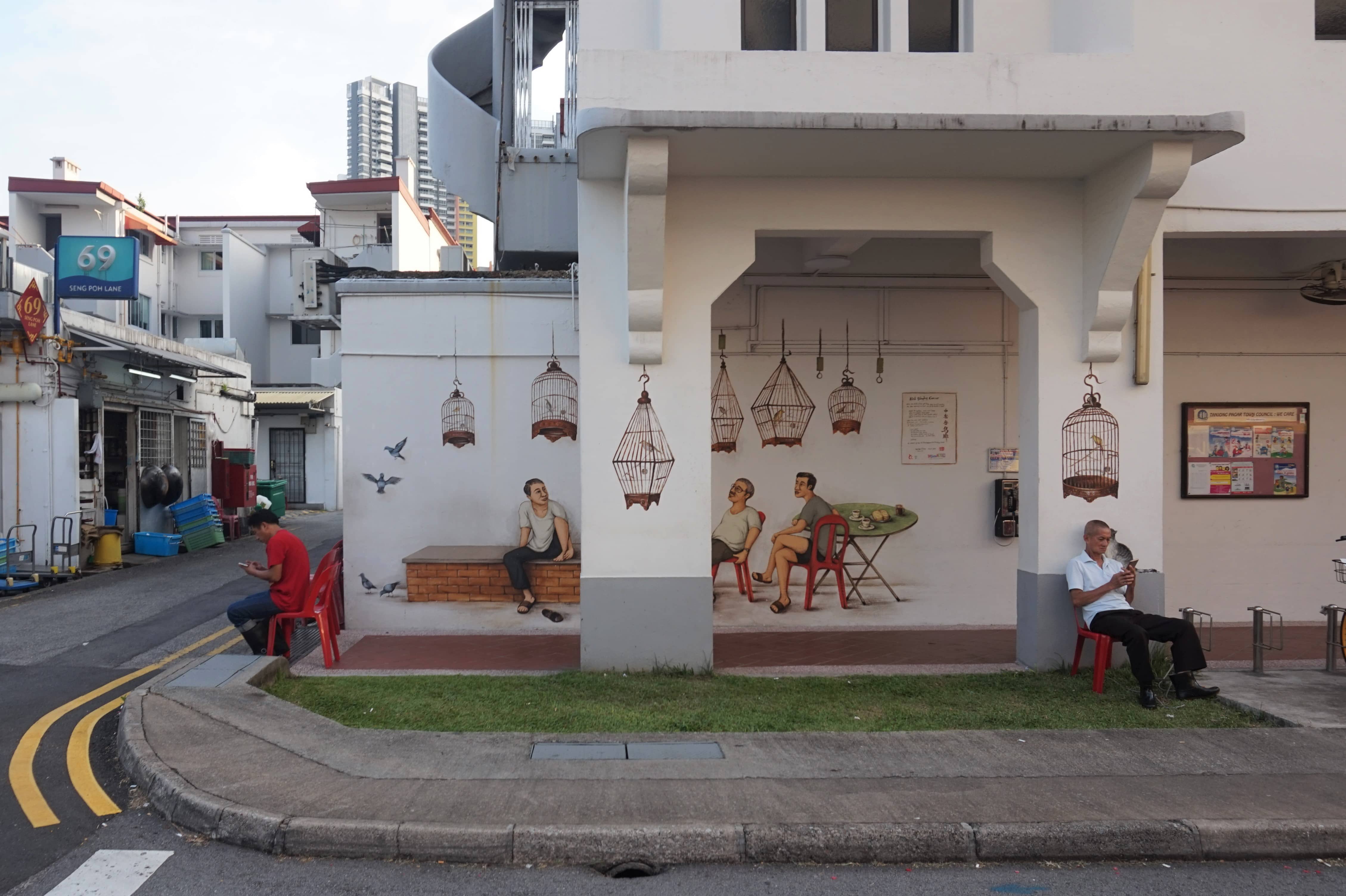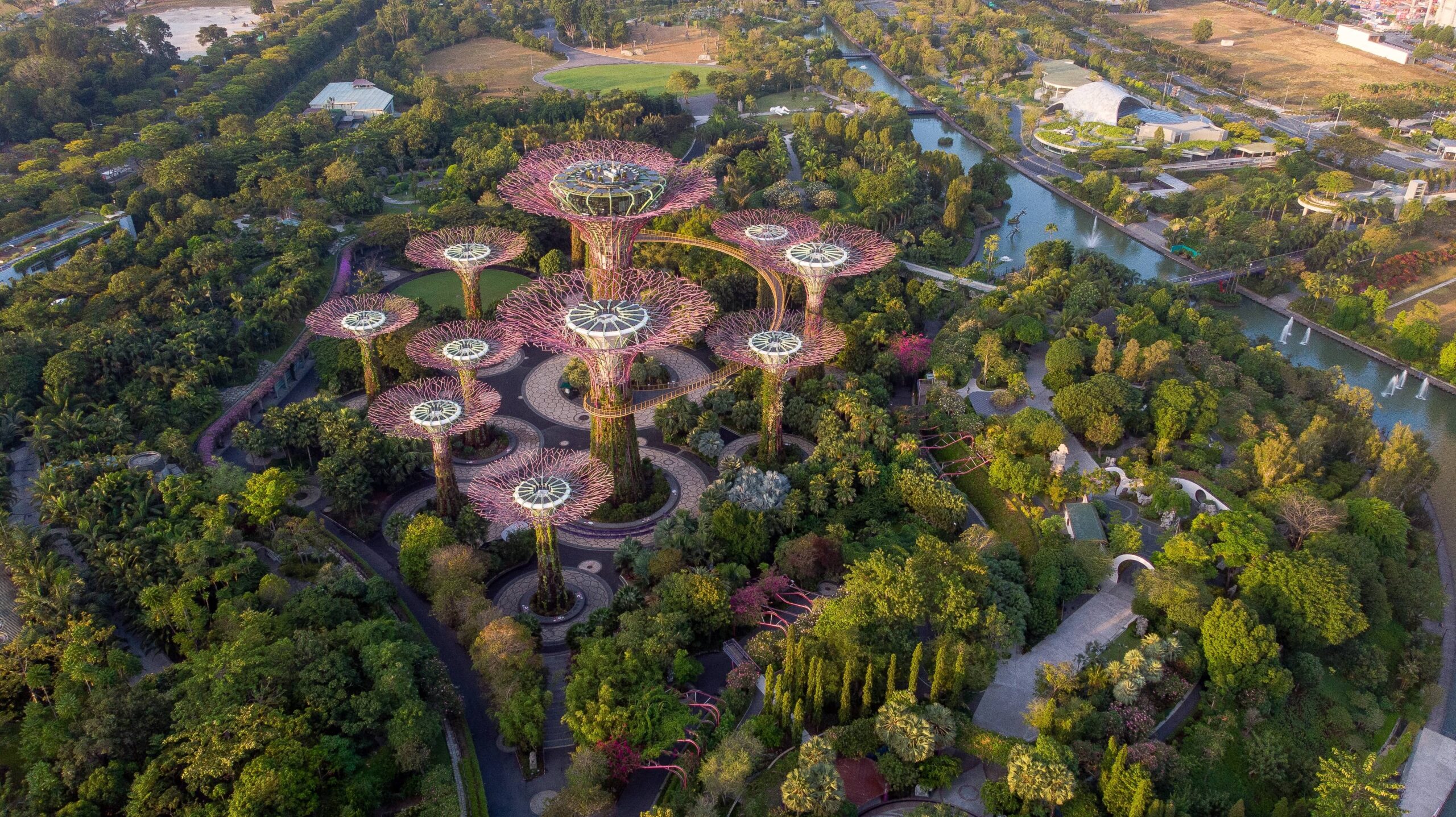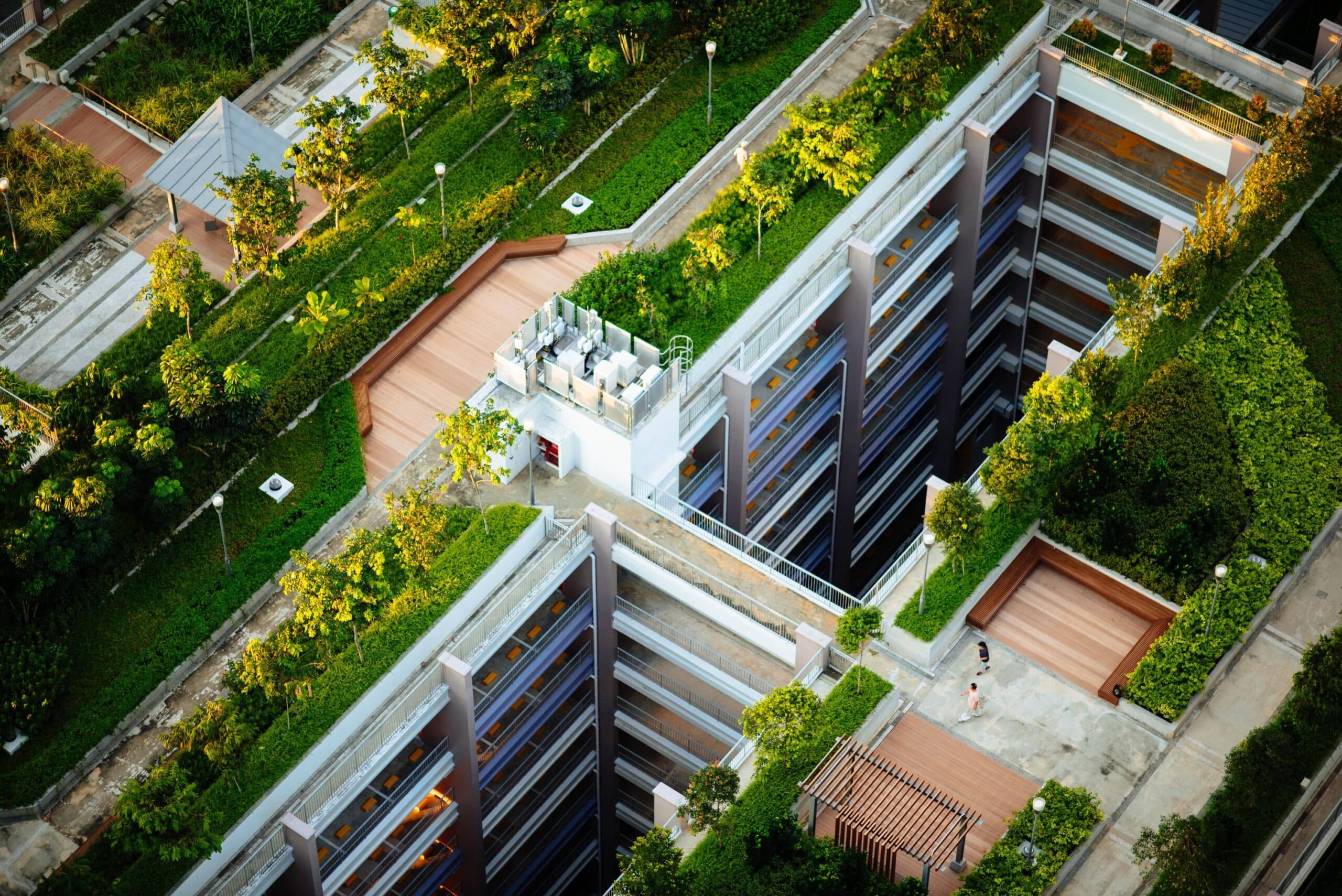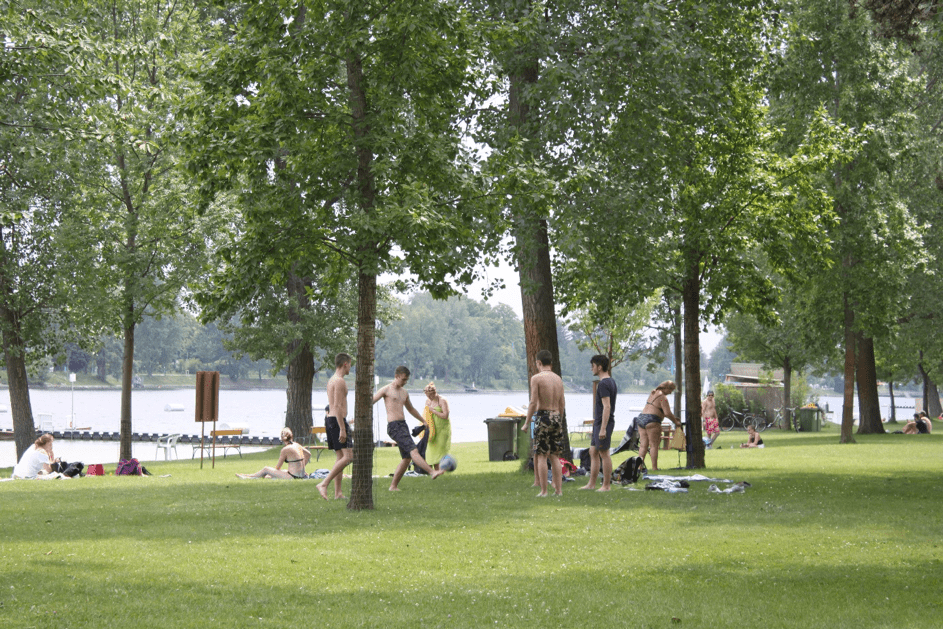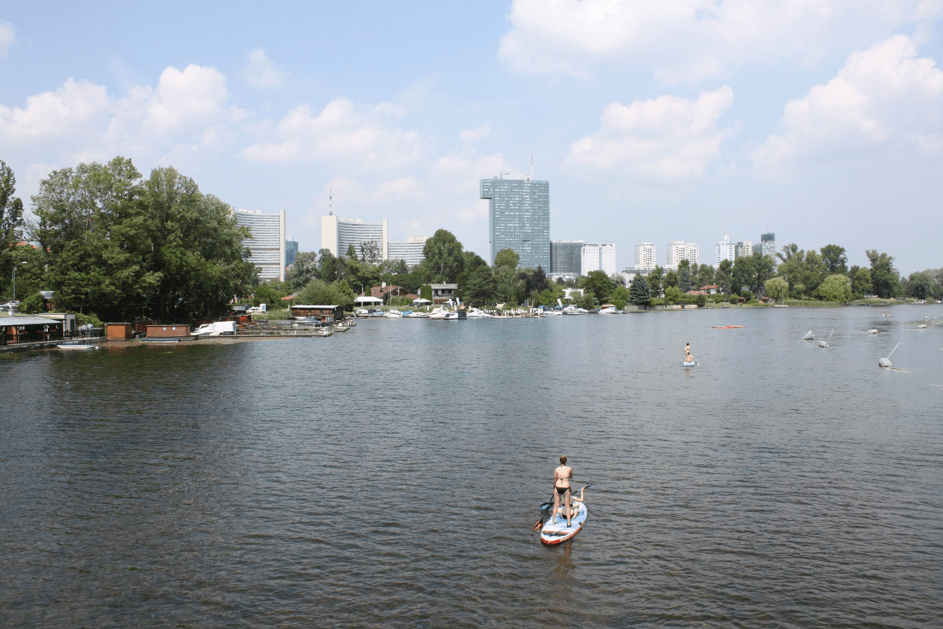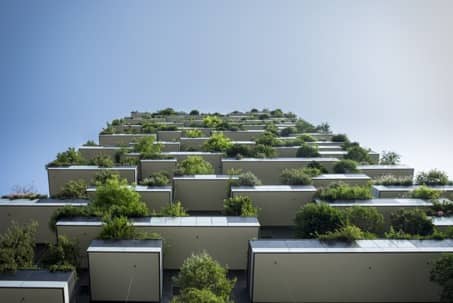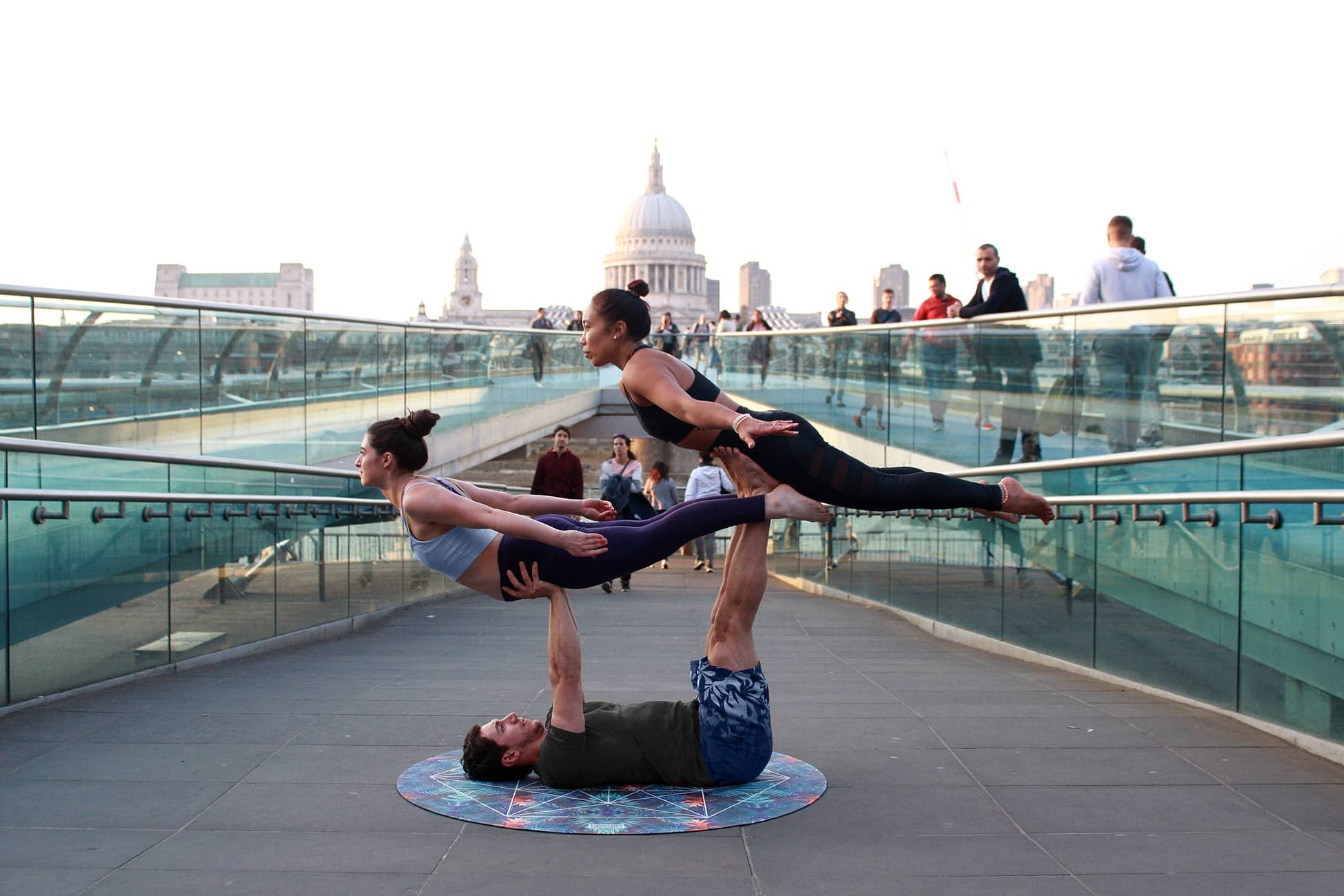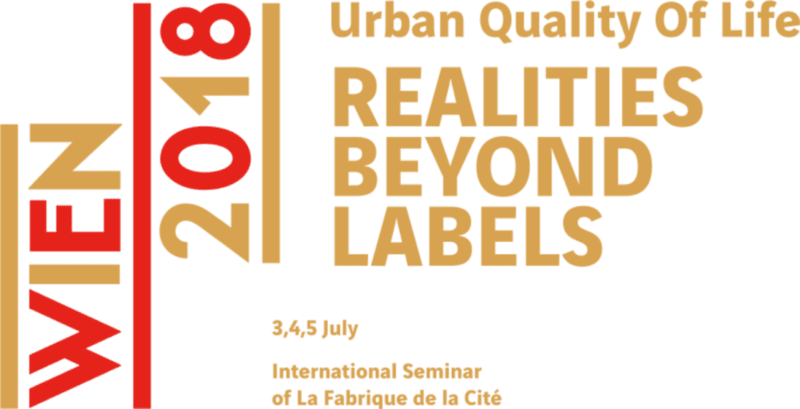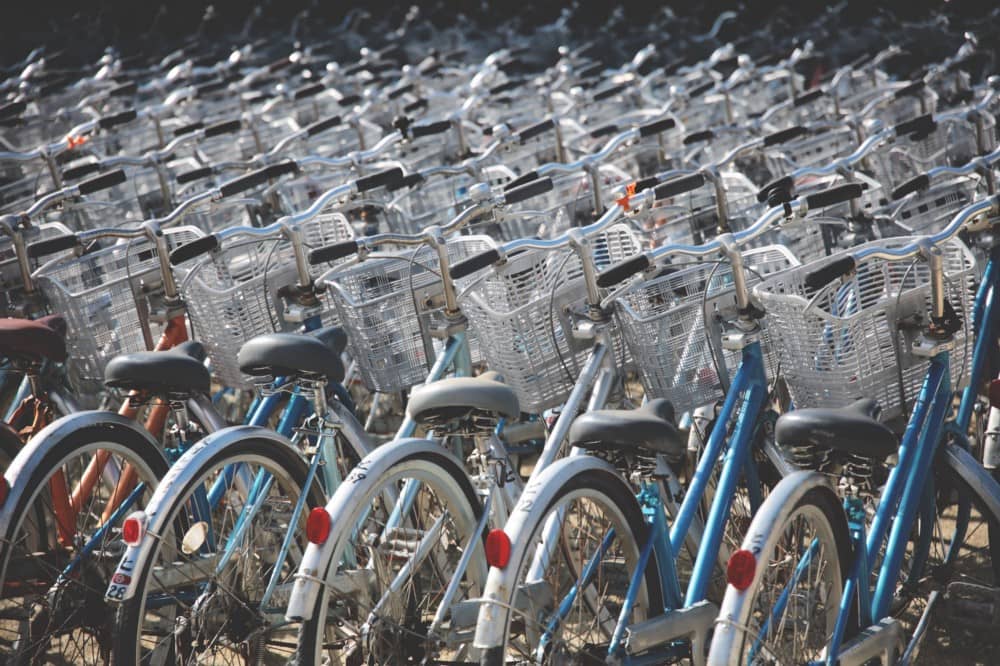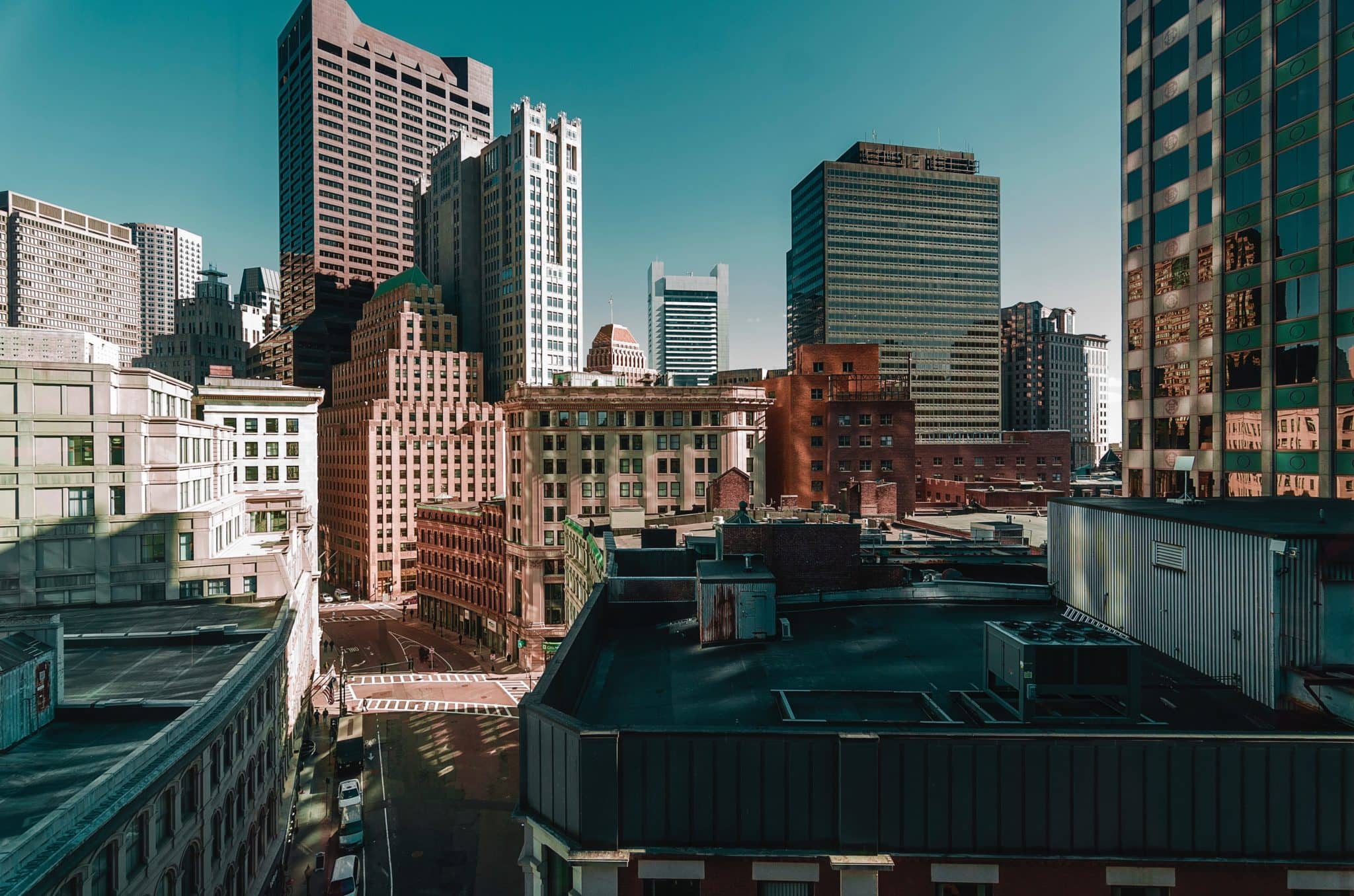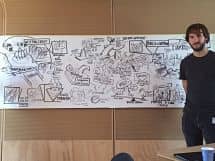

How to build healthy, active cities
While pollution is believed to cause 420,000 premature deaths in Europe every year due, can cities promise a healthy life?
“Health-producing city”: the phrase sounds like a paradox, even more so in the current era, where many have chosen to apply Hippocrates’s advice: in the event of a pandemic, “flee quickly, far away/long and come back late”. Yet our cities are very much shaped by health concerns. In France, the typical example is Haussmann’s Paris: wide avenues, crossing apartments, sewer system, and bright facades are all heavily influenced by the 19th century hygienist movement, whose recommendations aimed to prevent the development of epidemics by acting on the flow of air and light and the separation of waste water.
Through their lifestyle choices and consumption habits, individuals are largely responsible for their health. Yet 70% of the determinants of our health depend on our environment. This means that the choices we make in urban planning, the way we construct buildings, and the way we organize urban spaces directly influence our health.
In this respect, the topic of air quality is crucial. The layout, orientation, and height of buildings must all be adapted in order to direct flows of pollution. As part of an urban development project, the French city of Strasbourg has modelled these flows. The result was a better-designed building layout, without which pollution would have been concentrated… in a schoolyard. The layout of public spaces in the city is also very important. For example, a public space designed solely for the car means a less active neighborhood life and limited neighborhood interactions, which can negatively impact mental health. It also means less physical activity for children, whose range of action has decreased by 90% in 30 years, leading to obesity and health issues. So, can cities promote physical and mental health? The answer is a resounding yes, and it is actually a duty more than it is an ability, as 75% of mankind is set to live in cities by 2050.
→ This op-ed is an excerpt from recent chronicles by Cécile Maisonneuve, broadcast on France Info. Find all the podcasts (in French) by following this link.
Find this publication in the project:
These other publications may also be of interest to you:
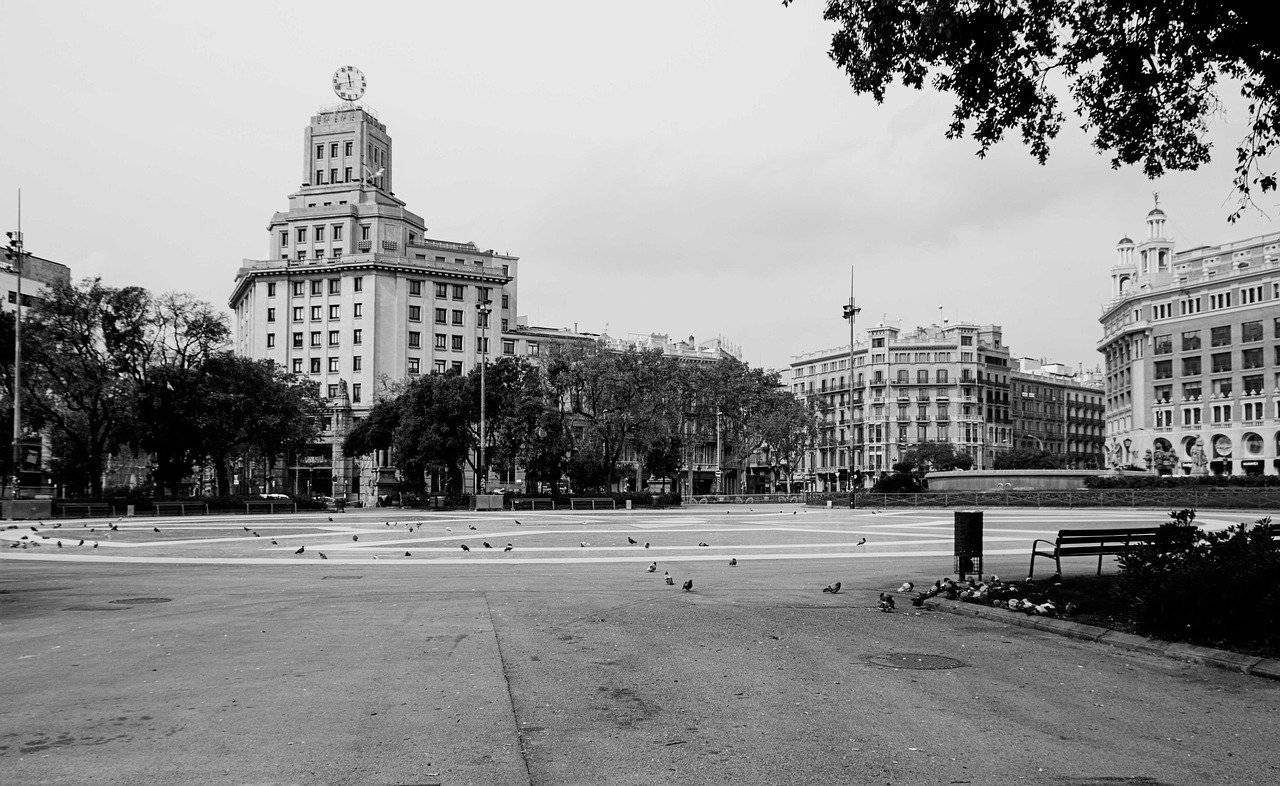
180° Turn
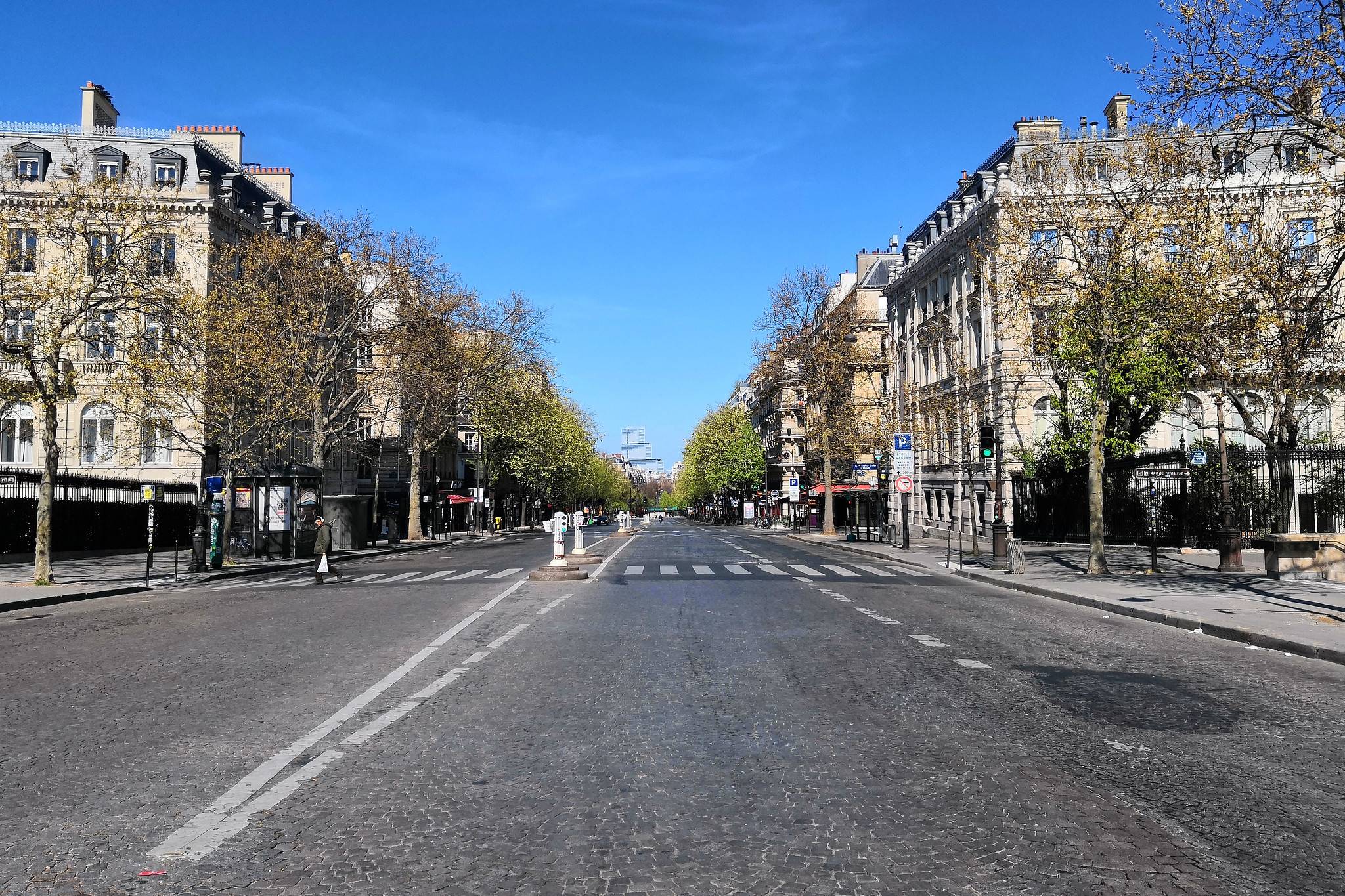
A street named desire
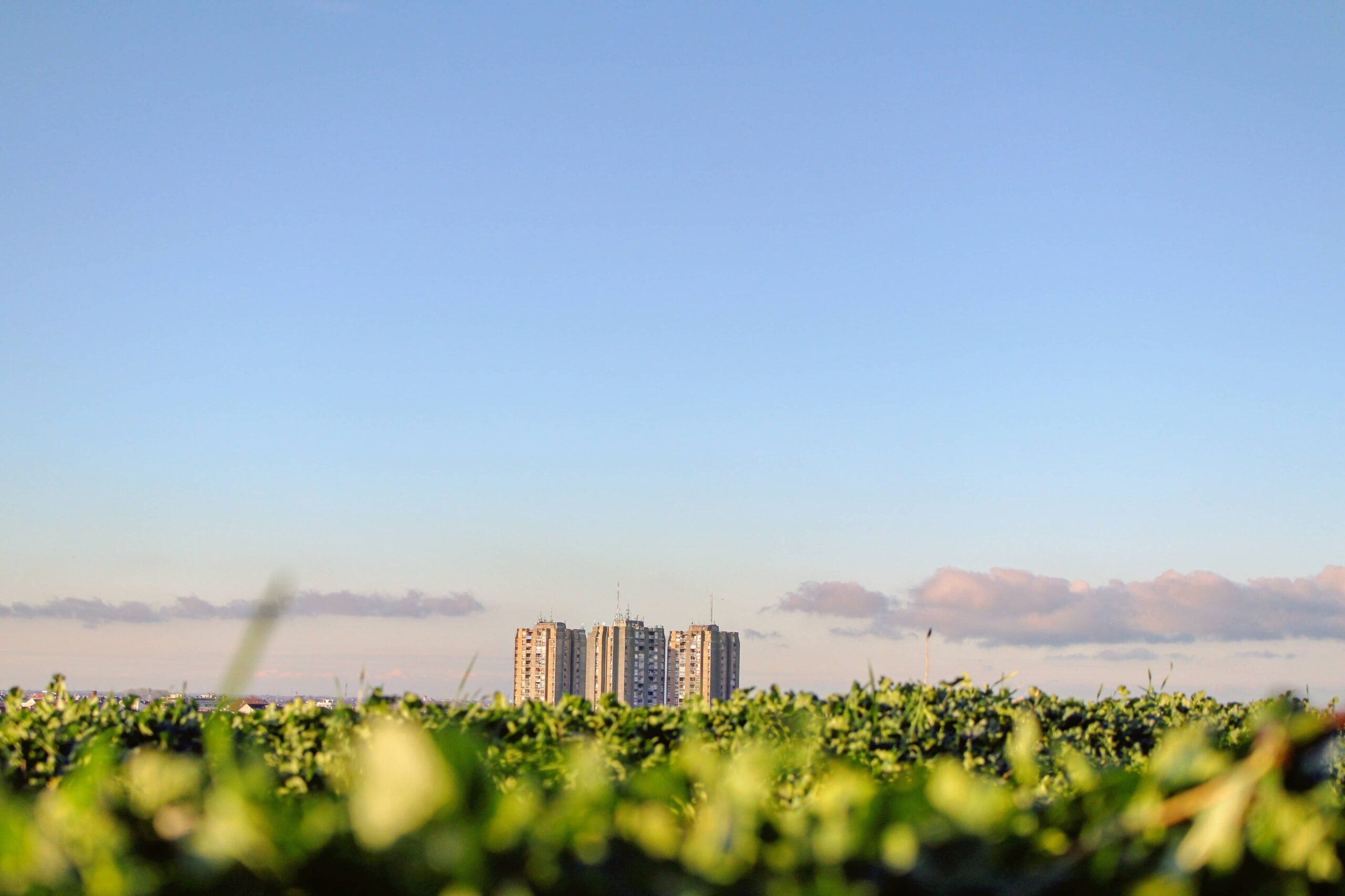
Zoé Vaillant: health inequalities are rooted in local areas
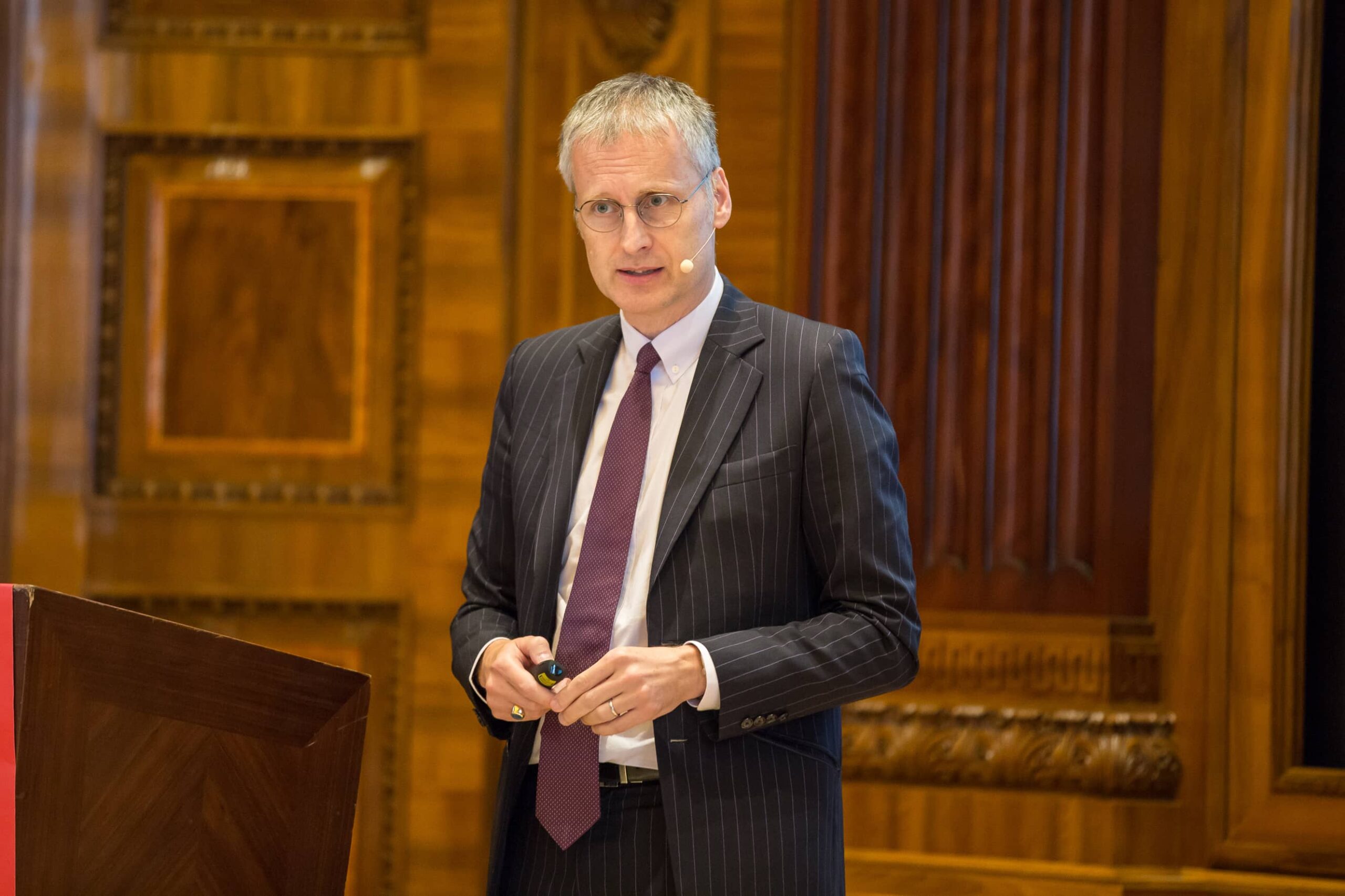
Viktor Mayer-Schönberger: what role does big data play in cities?
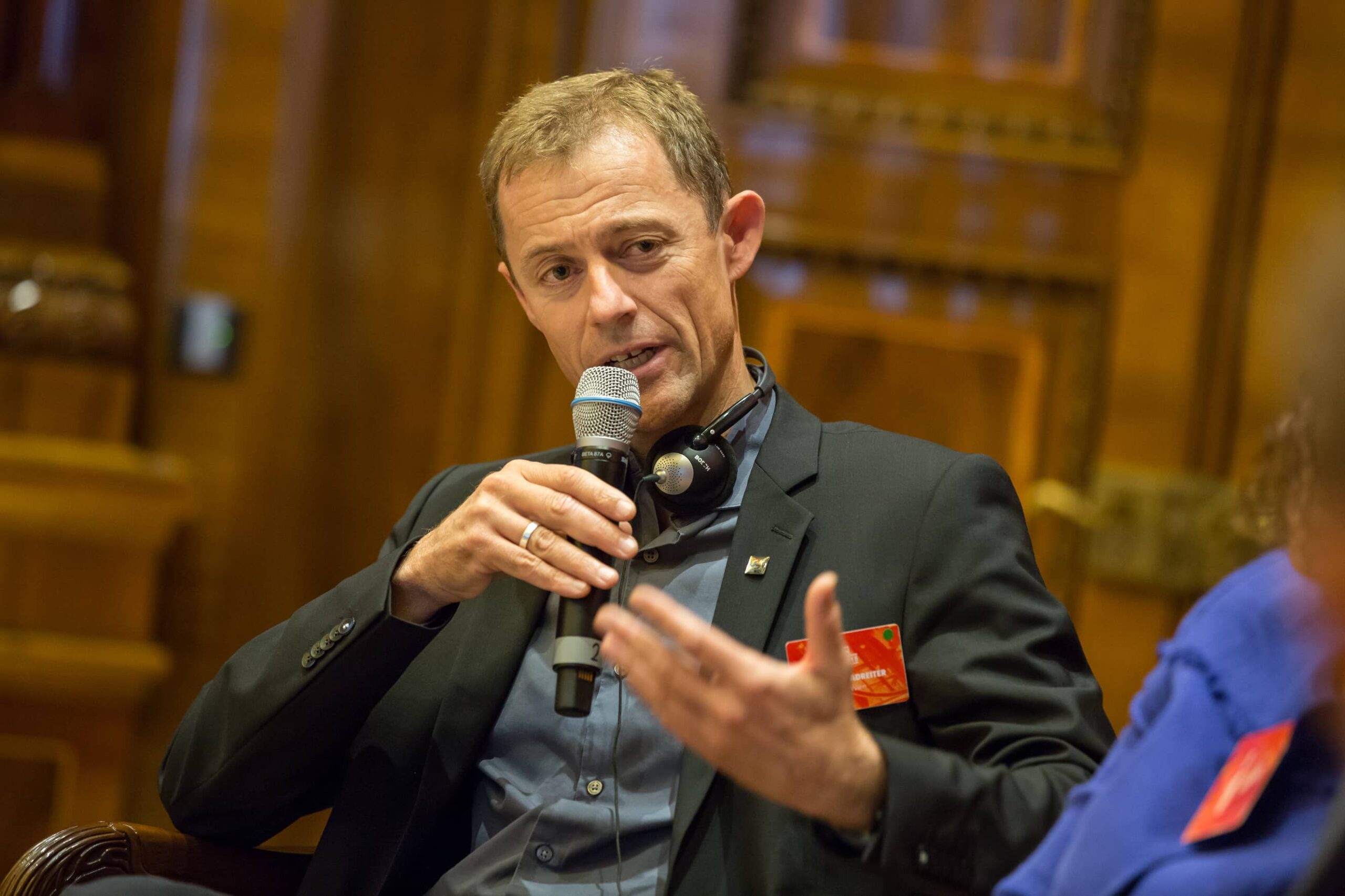
Thomas Madreiter: Vienna and the smart city
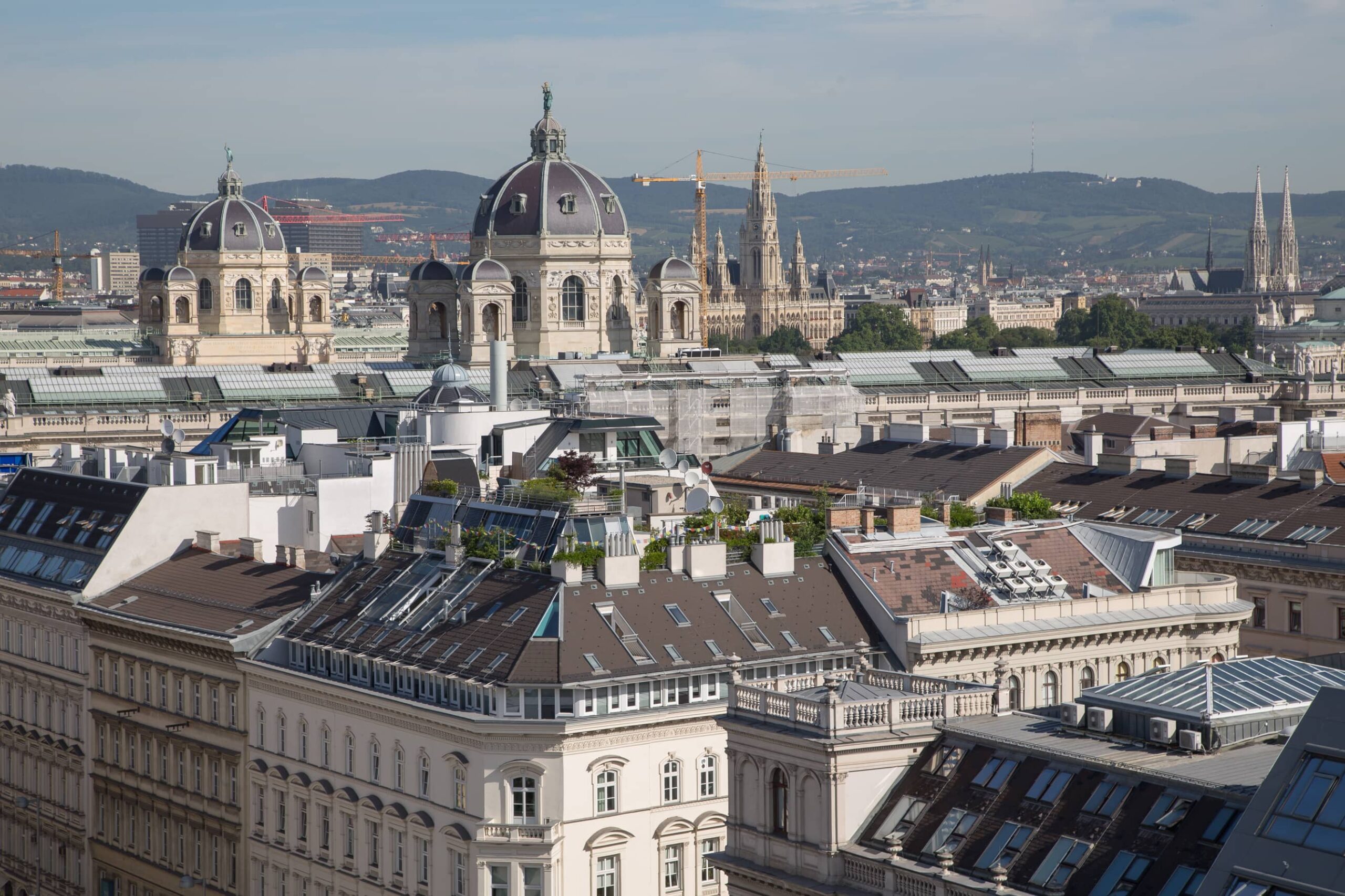
Vienna

Hausmann and us

Breathless Metropolises
La Fabrique de la Cité
La Fabrique de la Cité is a think tank dedicated to urban foresight, created by the VINCI group, its sponsor, in 2010. La Fabrique de la Cité acts as a forum where urban stakeholders, whether French or international, collaborate to bring forth new ways of building and rebuilding cities.














